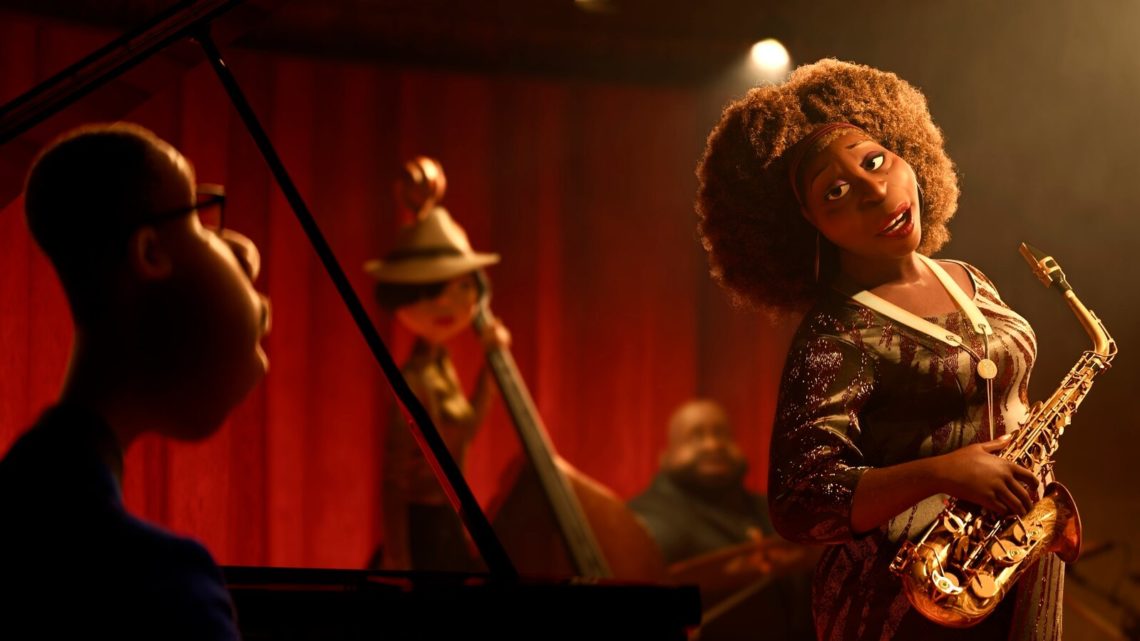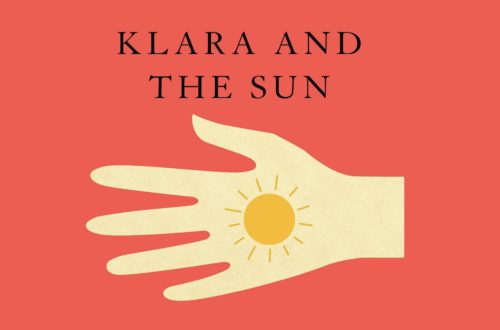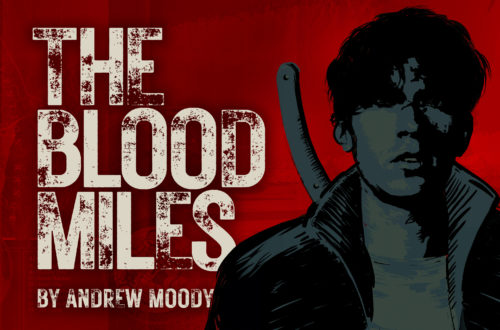
Pixar’s Soul: Jazz Under the Sun
Warning: Spoilers for Pixar’s latest movie, Soul follow.
Pixar takes many years to develop their movie projects, so it is impossible that they could have made their latest production with the COVID crisis in mind. But their latest movie, Soul could scarcely have come out at a better time.
Soul tells the story of Joe Gardner, a high-school music teacher whose shot at becoming a professional jazz musician comes to a tragic end when he falls down a man-hole on the way back from his tryout.
Soul could scarcely have come out at a better time.
As he hovers between life, and what the movie calls the “Great Beyond”, Joe gains glimpses of the afterlife before visiting the “Great Before”—the place where souls are prepared for the world. Through a series of mishaps, he ends up back in the world (albeit in the wrong body) where he helps an unborn soul to see the beauty of the world before finally making it to his gig.
The story is engaging enough, and, as we expect with Pixar, the animation is beautiful. But the real interest is in the message. Soul sets itself against the received wisdom that our lives derive their meaning from one great dream, goal or passion—and that our lives must stand or fall by it. When Joe ultimately succeeds and the door opens to his dream career, it isn’t enough: “I’ve been waiting on this day for my entire life. I thought I’d feel different.”
His mistake, he discovers, is that he has been making all of life about the one thing. “I’m not dying the very day I got my shot,” he says after he realises that he is dead. “Not when my life just started.” Stubbornly, he is still saying the same thing after he makes it back to his body: “My only purpose on this planet is to play. It’s what I was meant to do.”
But of course, he has been living for years, and there are many other good things in his life that he hasn’t been paying attention to. By the end of the movie he realises it. Life as a whole is worth living—and the world is worth living in—regardless of whether our plans succeed. There is so much beauty to enjoy. Life, according to Soul should be lived like jazz—not for jazz.
This is a remarkable advance on so much that Hollywood produces, where everything comes down to one big love affair, or one big break, or one big goal—an idolatrous approach to life, that in the end must lead to despair or disillusionment (or an endless quest for goal after goal).[1]
The writers of Soul have seen what the writer of Ecclesiastes, sees: that projects, passions—even people—aren’t enough to give our lives meaning. Life under the sun doesn’t offer that kind of transcendent purpose:
I undertook great projects …I acquired male and female singers, and a harem as well—the delights of a man’s heart. I became greater by far than anyone in Jerusalem before me … Yet when I surveyed all that my hands had done and what I had toiled to achieve, everything was meaningless. (Ecc 2:4, 8-9, 11, NIV)
The solution offered by Soul is very similar to that offered in Ecclesiastes:
There is nothing better for a person than that he should eat and drink and find enjoyment in his toil. (Ecc 2:24)
Enjoy life with the wife whom you love, all the days of your vain life that he has given you under the sun, because that is your portion in life and in your toil at which you toil under the sun. Whatever your hand finds to do, do it with your might, for there is no work or thought or knowledge or wisdom in Sheol, to which you are going. (Ecc 9:9-10)
Soul, like Ecclesiastes, limits its perspective to this world. As the king wonders whether “the spirit of man goes upward and the spirit of the beast goes down into the earth” (Ecc 3:21), so Soul depicts the dead ascending through the black toward a mysterious great light. Whatever is coming can’t be altered by our achievements in this world: we can only try to live well now, and leave the rest to God.
The limited perspective of Ecclesiastes is not the final message of Scripture, however. Jesus tells us that there is a new heaven and new earth coming and that the way we live in relation to God and our neighbour has a great bearing on that future. But the warning against trying to find our “life’s purpose” in this world stands, and it applies to Christians as well as non-Christians. Both secular theories of “follow your dream” and Christian ideas of “guidance” tempt us to believe that our lives will make sense once we straighten out our circumstances. But that isn’t where our meaning comes from.
Nevertheless, the Ecclesiastes-like wisdom presented by Soul creates an interesting challenge for Christian critique. But Soul doesn’t have all the things that Ecclesiastes has. Despite his agnosticism about death, the writer of Ecclesiastes knows that this world has a designer and a purpose. He knows that the lives we have been given are a good gift from a good God (Ecc 3:13; 5:19) and that he will hold us accountable for the way we live (Ecc 11:9; 12:14). We might not be able to wring capital-M Meaning out of this world, but there are still right and wrong ways to live.
If we want to compare life to jazz, there must be an ordering system that distinguishes it from random noise.
Soul implies something similar without accounting for it. If we want to compare life to jazz, there must be (as Tim Keller points out) an ordering system that distinguishes that joyous free play from random noise. Where does that order come from? How can we know what it is so we can become good at it? What do we do with the guilt and damage that results from our failure to live according to it? Will the way we lived make a difference when we reach that Great Light?
Soul comes at a time when many of us are discovering how easily our hopes and plans can be undone by events beyond our control. It has good things to tell us. But it also leaves the hard questions unanswered—questions that could only be answered if there were somebody who could really tell us about what the movie pretends to show: the Great Before; the Great Beyond; life, death and life after death. But where could we find someone like that?
First Published on: Jan 5, 2021 at TGCA
[1] And it is surely no coincidence that one of the characters seems to quote David Foster Wallace’s “This is Water” speech where he makes just this point about how our false gods are eating us alive.




